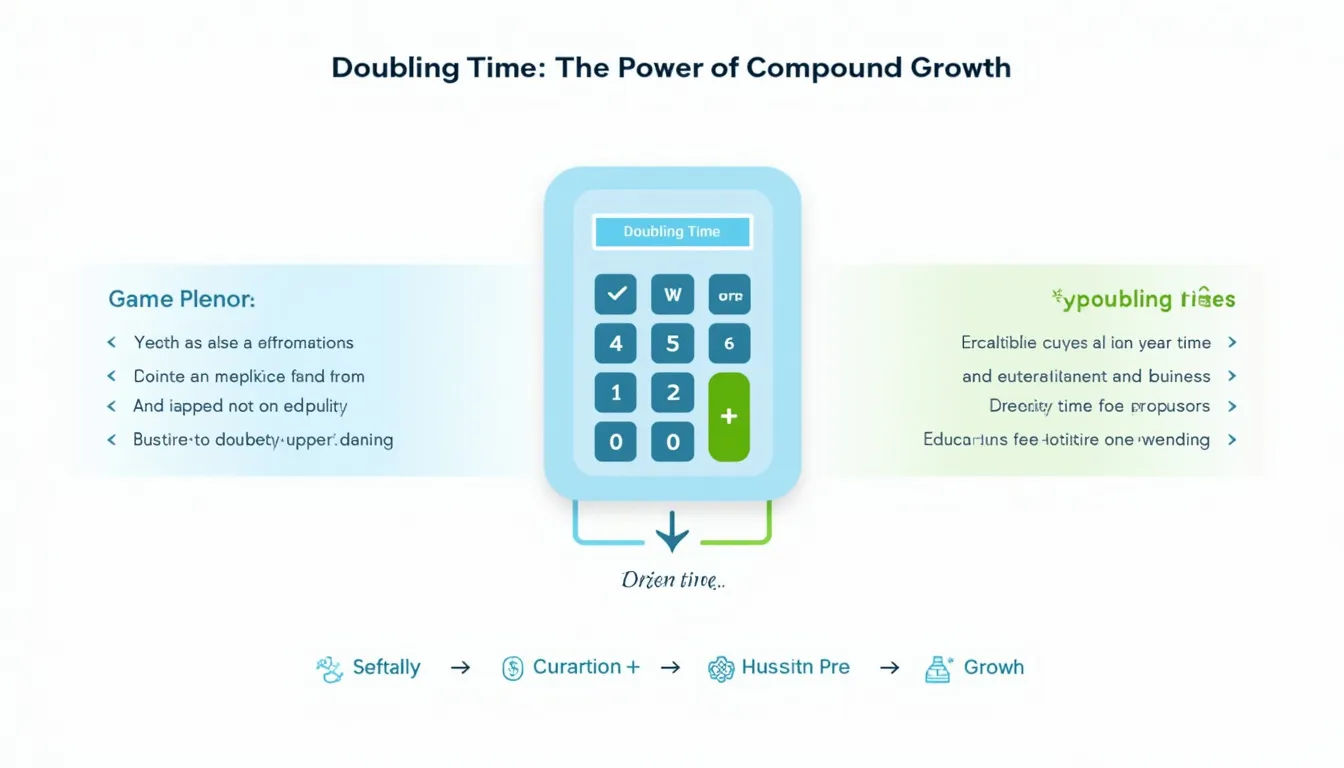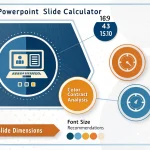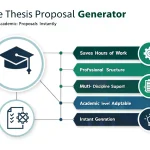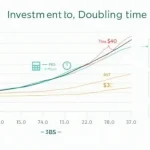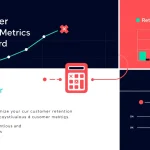Doubling Time Calculator
Is this tool helpful?
How to use the tool
- Type your annual rate in “Rate of Interest (%)”. Example 1: 5.50; Example 2: 8.75.
- Select “Calculate”. The result shows the exact doubling time in years.
Formula applied
Annual compounding uses:
$$T = rac{\ln(2)}{\ln\!\left(1 + rac{r}{100}\right)}$$
- r = annual interest rate (%)
- T = years to double
Worked examples
- At 5.50 %: $$T = rac{0.693147}{\ln(1.055)} \approx 12.92\text{ years}$$
- At 8.75 %: $$T = rac{0.693147}{\ln(1.0875)} \approx 8.26\text{ years}$$
Quick-Facts
- The Rule of 72 estimates doubling time as 72 / r but can err by >1 year at high rates (Investopedia, 2023).
- Average U.S. savings APY is 0.47 % (FDIC Weekly National Rates, 2023).
- S&P 500’s 10-year CAGR averaged 12.7 % through 2022 (S&P Global, 2023).
- Natural logarithms base e underpin continuous growth models (MIT OCW, 2022).
FAQ
What is doubling time?
Doubling time is the period an investment needs to grow 100 % through compound interest at a fixed annual rate (SEC, 2023).
Why use this calculator instead of the Rule of 72?
The tool employs the exact logarithmic formula, delivering accuracy within 0.01 year, whereas Rule of 72 deviates more as rates rise (Investopedia, 2023).
Does principal size change doubling time?
No. The formula contains only the interest rate; initial amount cancels out (MIT OCW, 2022).
How does compounding frequency affect results?
More frequent compounding shortens doubling time slightly; daily compounding at 6 % cuts roughly 0.3 year versus annual (SEC, 2023).
Can I adjust for inflation?
Subtract expected inflation from the nominal rate, then enter the real rate. Global inflation averaged 8.7 % in 2022 (IMF, 2023).
Is the result guaranteed?
No. Market volatility and fee drag can alter returns; treat outputs as forecasts, not promises (FINRA, 2023).
What if the rate is negative?
A negative rate yields a mathematical answer, yet the money shrinks, so “doubling” is irrelevant (ECB, 2021).
Expert quote
“Compound interest is interest earned on both principal and accumulated interest” (SEC, 2023).
Important Disclaimer
The calculations, results, and content provided by our tools are not guaranteed to be accurate, complete, or reliable. Users are responsible for verifying and interpreting the results. Our content and tools may contain errors, biases, or inconsistencies. Do not enter personal data, sensitive information, or personally identifiable information in our web forms or tools. Such data entry violates our terms of service and may result in unauthorized disclosure to third parties. We reserve the right to save inputs and outputs from our tools for the purposes of error debugging, bias identification, and performance improvement. External companies providing AI models used in our tools may also save and process data in accordance with their own policies. By using our tools, you consent to this data collection and processing. We reserve the right to limit the usage of our tools based on current usability factors.
